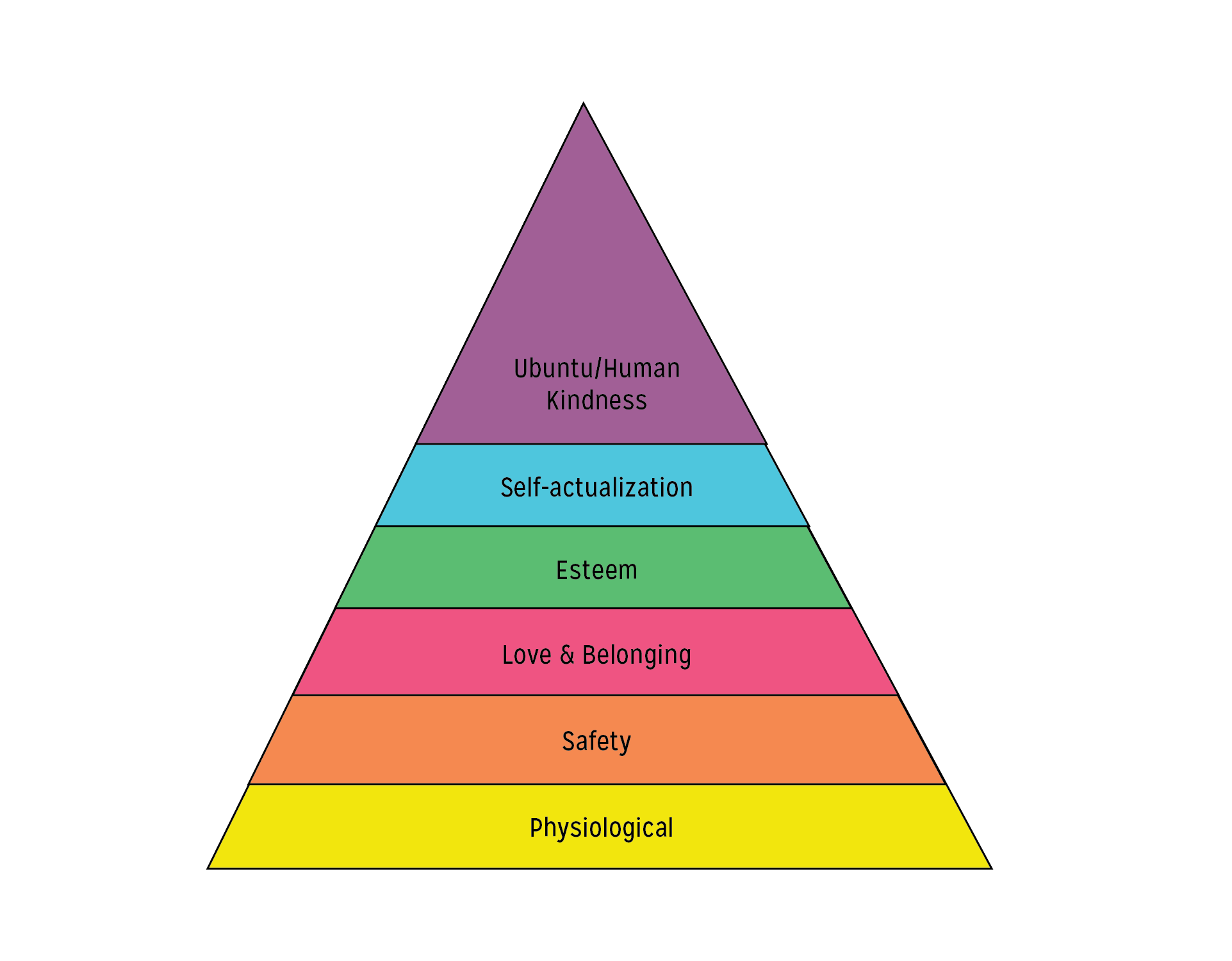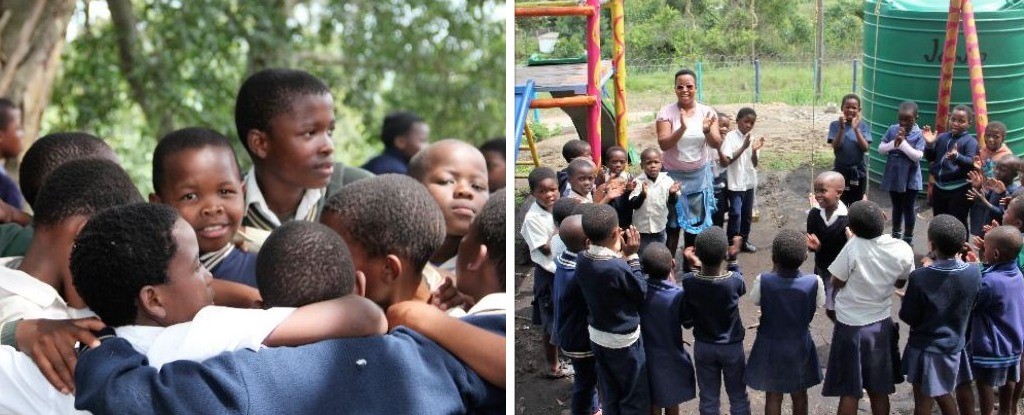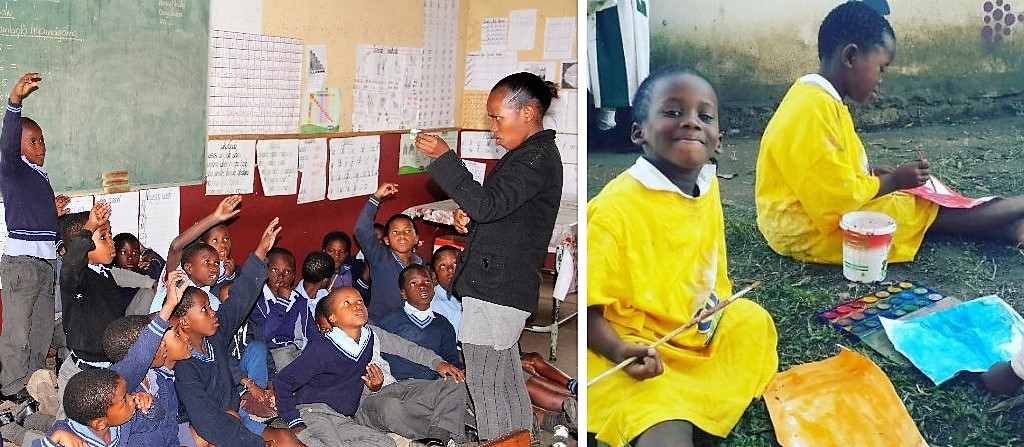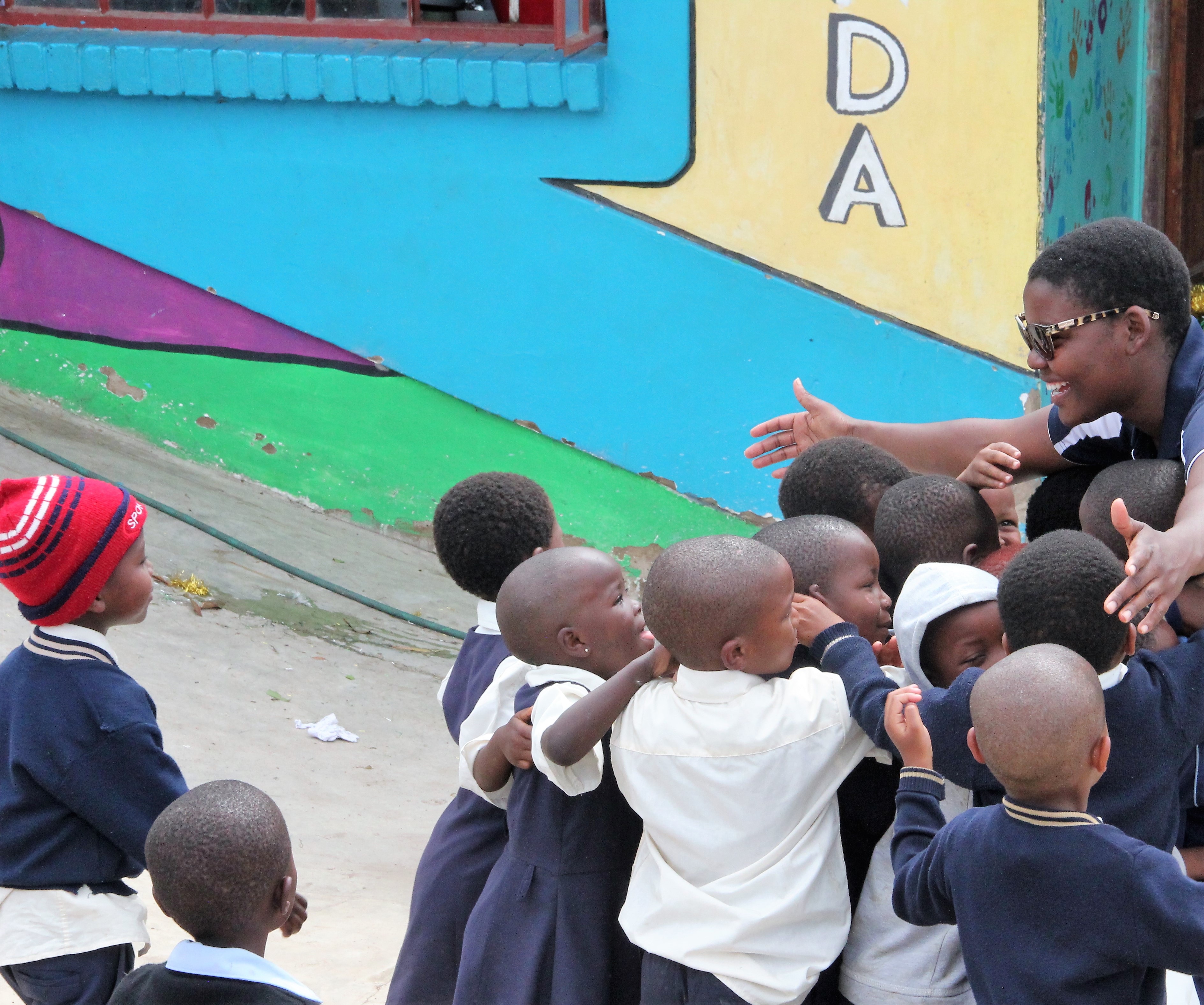Ubuntu (uu-boon-tuu) definition: I Am What I Am Because Of What We All Are.
The concept of Ubuntu was introduced hundreds of years ago, but the idea became popularised in South Africa as our country transitioned out of apartheid. In 1993, South Africa’s Interim Constitution outlined that, “There is a need for understanding but not for vengeance, a need for reparation but not for retaliation, a need for Ubuntu but not for victimization.” It was this ideology that laid the foundation of our future.
Ubuntu gained further recognition through the writings of Archbishop Desmond Tutu, who wrote, “When we want to give high praise to someone we say, ‘Yu, u nobunto’; ‘Hey so-and-so has Ubuntu.’ Then you are generous, you are hospitable, you are friendly and caring and compassionate. You share what you have. It is to say, ‘My humanity is inextricably bound up in yours.’ We belong in a bundle of life.”
Nelson Mandela reflected on his time in prison as an invaluable opportunity for introspection, which enabled him to become more openhearted. He believed that through this period of deep reflection, he began to embody the very essence of Ubuntu. This practice of self-observation is reinforced in all our programmes at Thanda– albeit with ECD children, After-school children or adults in our Organic Farming Programme. Perhaps the best way to illustrate our approach is to draw a comparison to Maslow’s Hierarchy of Needs, with the idea of Ubuntu, or interconnectedness sitting at the very top.

With respect to our Early Childhood Education and After-school Programmes, we begin by addressing children’s basic needs – ensuring that they are well-nourished. Secondly, we provide a safe space for children to learn, play and spend their free time. Working our way up the pyramid further, our Facilitators and staff focus on fostering an environment of inclusivity, acceptance and belonging. Only once these bottom three tiers are met, can children begin to think independently, feel confident in expressing themselves and recognise their own strengths. Although our focus permeates all levels of the pyramid, we flourish in the areas of esteem, self-actualization, and Ubuntu.

At Thanda, we advocate a degree of rebelliousness by encouraging children to think critically, be curious and ask questions. Using stories like The Giving Tree, The Lorax and The Colour Monster, we create a platform for children to observe themselves, to look inward and begin to understand their own emotions, thereby developing esteem and self-actualization.

The next level is to then think about one’s role in the community – to use one’s strengths to contribute positively and work toward a better future. Mandela once stated, “Ubuntu does not mean that people should not address themselves. The question therefore is, are you going to do so in order to enable the community around you, and enable it to improve? These are important things in life. And if you can do that, you have done something very important.” The idea of supporting one another and working together are core parts of our curriculum. By working collaboratively – mapping out ideas for the community, performing educational dramas for younger children, or simply playing a game together – children develop an understanding of the interconnectedness among individuals, feel empowered to create change in their communities and start thinking about their actions from a global perspective.


